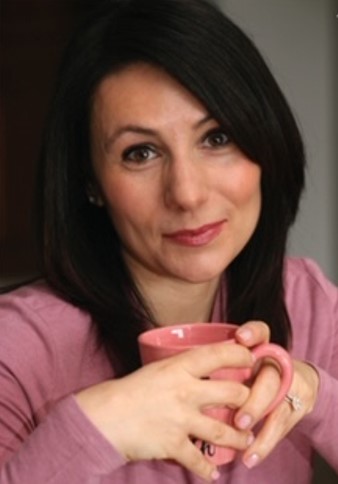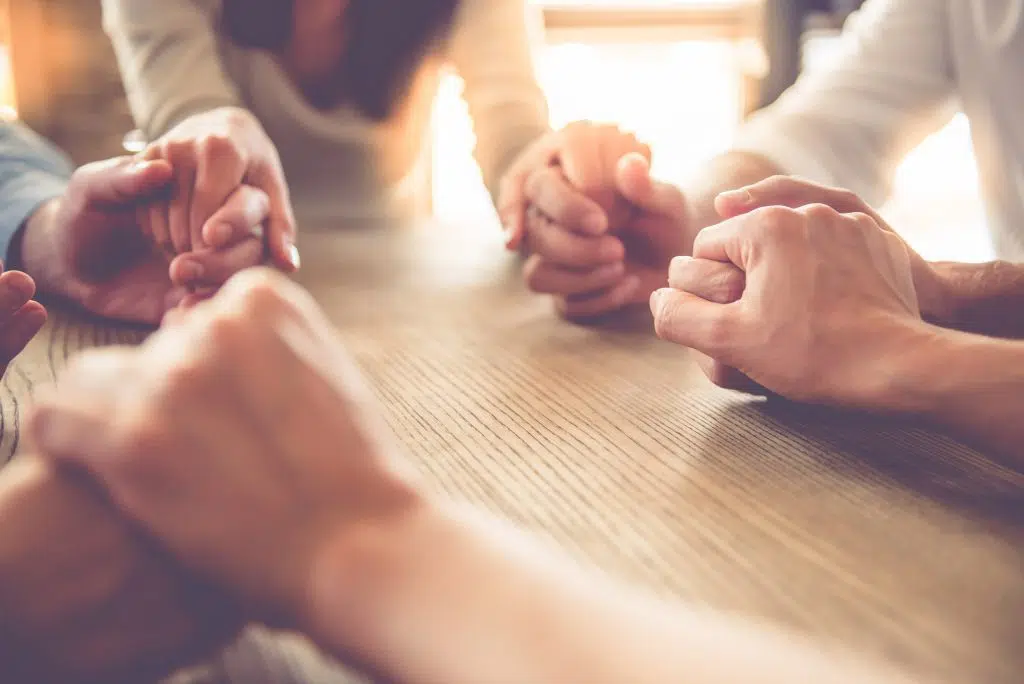by Katie Spittal
I’m sitting in the Delta lounge at LaGuardia airport in New York City. This members-only club offers me free food and Wi-Fi to enjoy before I make the short, yet long journey from the airport over the river and into Manhattan. I flew in from Indiana to support my baby sister—she is having her prophylactic double mastectomy today.
Delta is not the only exclusive club I belong to. I am a member of the mastectomy club. Our family has a chapter founded by my mom 30 years ago when she had her mastectomy. Like Delta, the mastectomy club is not limited in members and does not distinguish between age, race or social status. All who pay the high price of admission are welcomed with open arms.
I had some knowledge of the mastectomy club before joining. My mom was intentional about giving me the full tour. She didn’t know if I would gain entry to the club or not, but she wanted to prepare me just in case. She opened the eyes of my heart with her scars, and I strengthened her heart as I stood by her side for the long battle. I gained access to the club two years ago when I had my prophylactic double mastectomy.
Now, having gone through the surgery myself with my own daughter watching, I know how hard it is for a mom to watch the innocence of health and wellness leave her baby’s eyes, replacing the cares of youth with fear and more questions than answers. In honor of my mom’s memory, I was open with my daughter and my younger sisters. I shared the nitty-gritty details of my procedures and recovery with them. I left no scar covered and no implant untouched. I shared it all—the nerve pain, sleepless nights and nausea.

My mom is now at peace. She’s handed the keys of our clubhouse over to me. I was shy about announcing my membership, and I have to confess that at first, I didn’t want this new role as leader of the club. I wasn’t sure how I would be received by friends and family who might judge me for cutting up my body for peace of mind, knowing that my risk was cut in half.
I shied away from the “previvor” label, a term describing someone who has survived a high risk of cancer prior to diagnosis. I wasn’t sure what that life looked like. After losing my mom, I wasn’t sure if anyone really survived cancer, and I was afraid. That was my experience and I didn’t want that fear to be my daughter's experience. I wanted to empower her to not let cancer land the first punch. With the knowledge of genetic testing, we have the ability to strike cancer first.
Two years and four surgeries later, I wouldn’t have it any other way! Prophylactic surgery has offered me, my husband and my family hope, and my faith gives me peace. I now proudly wear the title of previvor, and I get excited about opportunities to share my experience with others.
My mom always said she didn’t want cancer to define her life. She didn’t know that my two sisters and I had a BRCA gene mutation—a genetic predisposition to cancer. I don’t want the mutation to define my life either, but it is a piece of me. I love being a part of this club of special people, genetically linked for better or for worse.
